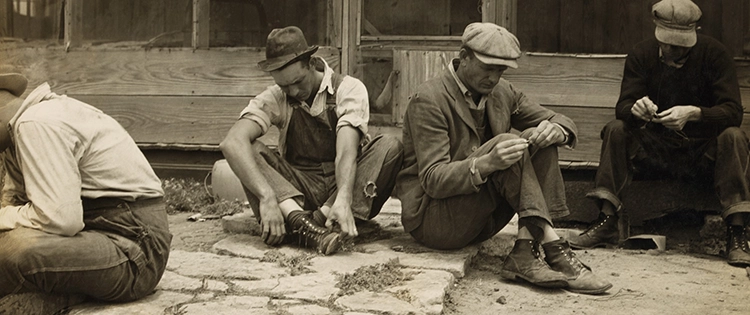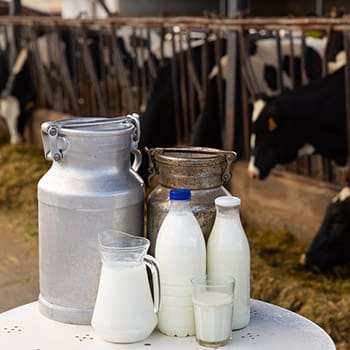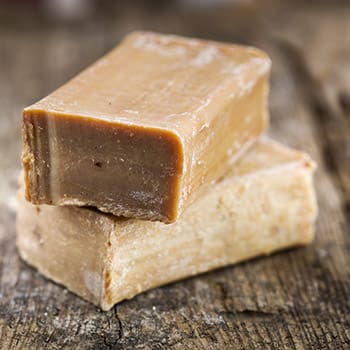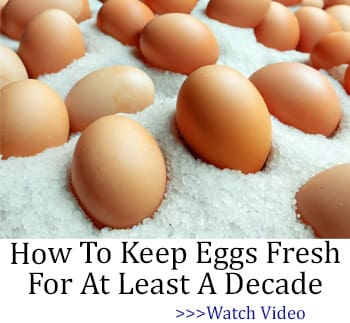Rising inflation, the increasing cost of living, and tightening economic conditions have led many to fear a looming economic recession or even a depression. The Covid pandemic provided a glimpse of what a severe economic downturn might look like. When lockdowns began, those who had once dismissed prepping as extreme suddenly faced the harsh reality that our world is far less stable than it seems.
These individuals rushed to stores, buying up food and household supplies, leaving shelves bare of essentials like soap, toilet paper, and basic foods in no time. While the economy has since rebounded, it’s clear that it’s not as robust as it was before the lockdowns. Prices have risen significantly, and the value of the dollar has dropped, fueling anxiety about another economic downturn, possibly worse than what we experienced during the pandemic.
This uncertainty has driven many to stockpile essential items, fearing they will vanish from shelves once again. But which items are most likely to disappear next? While predicting the future is impossible, history offers clues. During the Great Depression of the late 1920s and 30s, people similarly emptied store shelves, a pattern that could very well repeat itself in the next crisis.
Here are ten items that vanished off the shelves when the Great Depression hit:
Staple Foods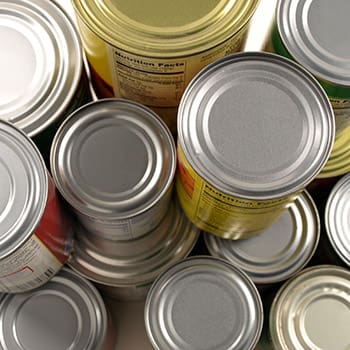
This includes staples that are typically affordable and versatile enough to be used in a variety of meals, such as wheat, flour, beans, rice, sugar, and spices. These items were in particularly high demand during the Great Depression and were often rationed by the government as the economic crisis persisted.
That is why many people resorted to eating this superweed, which saved large communities during the Great Depression. And soon enough, we might be doing the same thing.
Modern day survivalists such as yourself would be wise to recognize that these kinds of staple foods are very versatile in regards to the dishes they can be used in, and will be targeted by people again when the next economic downturn sweeps in.
Related: What The Amish Ate During The Great Depression
Canned Foods
Canned foods, such as meats, beans, and vegetables, are essential due to their long shelf life and ability to retain both edibility and nutritional value over time. When stored properly, some canned goods can last for five years or more, all while remaining relatively inexpensive.
During the Great Depression, people quickly realized the importance of stockpiling these items, much like today. In the early days of the Depression, canned foods were among the first items to vanish from store shelves—and they will likely be in high demand again in any future economic crisis.
Dairy Products
The Great Depression dealt a harsh blow to the dairy industry, causing a sharp decline in production and distribution from dairy farmers. As a result, milk, butter, and cheeses became scarce and were in very short supply.
Meat
During the Great Depression, the cost of beef, chicken, and pork skyrocketed, making a simple hamburger or steak a rare luxury for many families. Unable to afford store-bought meat, many people resorted to hunting, often even out of season, just to provide for their families.
Comfort Foods and Beverages
During the Great Depression, comfort foods like coffee, tea, chocolate, ice cream, and warm soups became scarce. While not vital for survival, these items played a significant role in boosting morale during tough times.
Clothing
During the Great Depression, basic clothing items like shirts and overalls became rare luxuries. Many people had to sew their own clothes from rags and scraps, and some even went without shoes. It would be wise to stock up on extra shirts, pants, jackets, socks, and shoes for each family member.
Personal Hygiene Products
During the Great Depression, basic hygiene products like toothpaste, soap, and shampoo became scarce luxuries. Modern survivalists should anticipate similar shortages of personal hygiene items, as we witnessed during the pandemic.
Vegetable Seeds
During the Great Depression, many families relied on planting seeds and growing their own food for survival. However, even seeds eventually became scarce. Whether or not you grow your own crops now, preparing for the possibility in the future is wise. Research the types of crops suited to your area and stock up on the appropriate seeds.
Medicinal Plant Seeds
During the Great Depression, access to medical care was severely limited, making medicinal plant seeds highly sought after. People relied on traditional remedies and homegrown solutions to treat common ailments.
Seeds for plants like echinacea, chamomile, and chicory became invaluable as modern medicines grew scarce. If you don’t have medicinal plant seeds in you stockpile, get your own Medicinal Garden Kit from here while they are still in stock.
Inside your Medicinal Garden Kit, you’ll find 10 seed packages with high-quality, NON-GMO seeds packaged in the US, along with the details on how to plant, grow, and harvest each one.
Fuels
Medications
Basic medical care and medications were denied to people who could not afford them during the Great Depression as well. Be sure to stock up on any prescription medicines you are reliant on, any off-the-shelf medical items and especially antibiotics. Since antibiotics are typically not available over the counter, here is an ingenious way to stockpile antibiotics without a prescription while you still can.
The Great Depression showed us that when economic conditions become dire enough, people may be forced to turn to themselves or each other for medical treatment. But without proper medications or medical items, even treating yourself properly can become difficult (if not impossible).
There’s an old saying that history repeats itself. Even though the Great Depression occurred nearly a hundred years ago, the behavior of people has not changed. That’s why when the next depression hits, people will act exactly as they did during the Great Depression in stripping the shelves bare of the above items, which will force the government to implement rationing in response to it.
Get ready and start stockpiling now while you still can.
FEMA Will Never Take Your Stockpile If You Hide It Here
How To Get 295 Pounds Of Extra Food For Just $5 A Week (Video)
What Livestock My Grandparents Raised During The Great Depression
Natural Remedies From The Civil War Era
I Tried Eating Like a Pioneer for 100 Days and This Is What Happened
